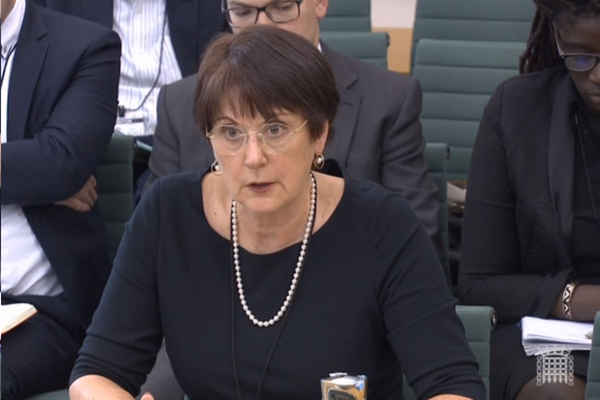You are viewing 1 of your 1 free articles

Charis Beverton, senior associate, Winckworth Sherwood
What should we expect from the building safety consultations?
Building safety has been a high-profile issue in social housing for the past two years. With two consultations coming to a close, Charis Beverton outlines what to expect
The Ministry for Housing, Communities and Local Government’s (MHCLG) consultation into improving safety and minimising the risk of fire in high-rise buildings closed in late July.
A further consultation from the Competence Steering Group (CSG), a group established by MHCLG to develop an overarching construction competence body and to ensure a coherent and consistent approach to competence standards, will close on 18 October.
Given the current political turmoil, we anticipate that there will be a delay in reporting back on the MHCLG and CSG consultations.
Nonetheless, we fully anticipate that the majority, if not all, of the consultations proposals will be implemented.
Both consultations recommend the introduction of ‘dutyholders’, with responsibilities for fire safety during the design and build stage, during occupation and throughout a building’s lifecycle.
Those familiar with the Construction (Design and Management) Regulations will recognise the proposed roles of client, principal designer and principal contractor.
In addition to these three dutyholders, we may also see the introduction of ‘designer’ and ‘contractor’ roles to ensure that sub-contractors also have a legal responsibility to ensure a building is designed and built to be safe for residents.
The MHCLG plans to introduce an overarching regulator as well as create new criminal offences to make sure those who are responsible for safety comply.
The CSG has also proposed a new role of ‘building safety co-ordinator’ be created. They would be a person who:
- Is professionally qualified and experienced in managing risk
- Demonstrates professional competence
- Complies with the proposed overarching code of conduct
- Maintains their competency via regular professional development
The building safety co-ordinator would work for and alongside an ‘accountable person’ who would be held responsible and accountable for building safety and resident engagement.
This accountable person must be a resident in the UK and ensure that there is a valid building licence in place to guarantee that the building owner could operate and occupy the high-rise residential buildings (over 18m).
The accountable person would have to be a named individual and – it seems to us – ideally an individual on the board or executive of the relevant landlord.
The landlord in turn would be licensed as a ‘residential accommodation operator’ to operate residential accommodation.
The building safety co-ordinator, accountable person and residential accommodation occupier would, under the proposals, all be recorded on a national register, which would be accessible to the public.
The building safety co-ordinator and accountable person would have to demonstrate certain competencies and provide evidence of competencies as part of their roles.
This will involve an increase administrative burden on landlords and the board or executive member taking on the role.
“The requirements of these consultations, while admirable and understandable in the context of serious fire safety issues, will increase the burden on landlords – particularly where there are vulnerable tenants”
Both consultations agree it is imperative that a “golden thread” of information is held securely and accessibly so that evidence-based decisions can be made when managing a building. Both consultations recommend that the golden thread is updated regularly.
The CSG has recommended that the content and structure of a ‘fire and emergency file’ should be mandated, and the requirement to hold and maintain this file should apply to existing stock as well as new builds.
It is proposed that the building safety co-ordinator is responsible for ensuring that all occupiers are informed about building safety and their role in supporting it. Landlords must therefore ensure that the role is properly performed and that residents are fully engaged.
The requirements of these consultations, while admirable and understandable in the context of serious fire safety issues, will increase the burden on landlords – particularly where there are vulnerable tenants. Landlords may find it difficult to administer or demonstrate compliance with the requirements.
The costs associated with this increased regulatory framework may be passed down to tenants and shared owners via increased service charges.
However, in the context of the political reform of leasehold and rental charges and the general public mood, organisations may find that they have to shoulder a lot of the financial burden themselves in an already tight market.
Charis Beverton, senior associate, Winckworth Sherwood









